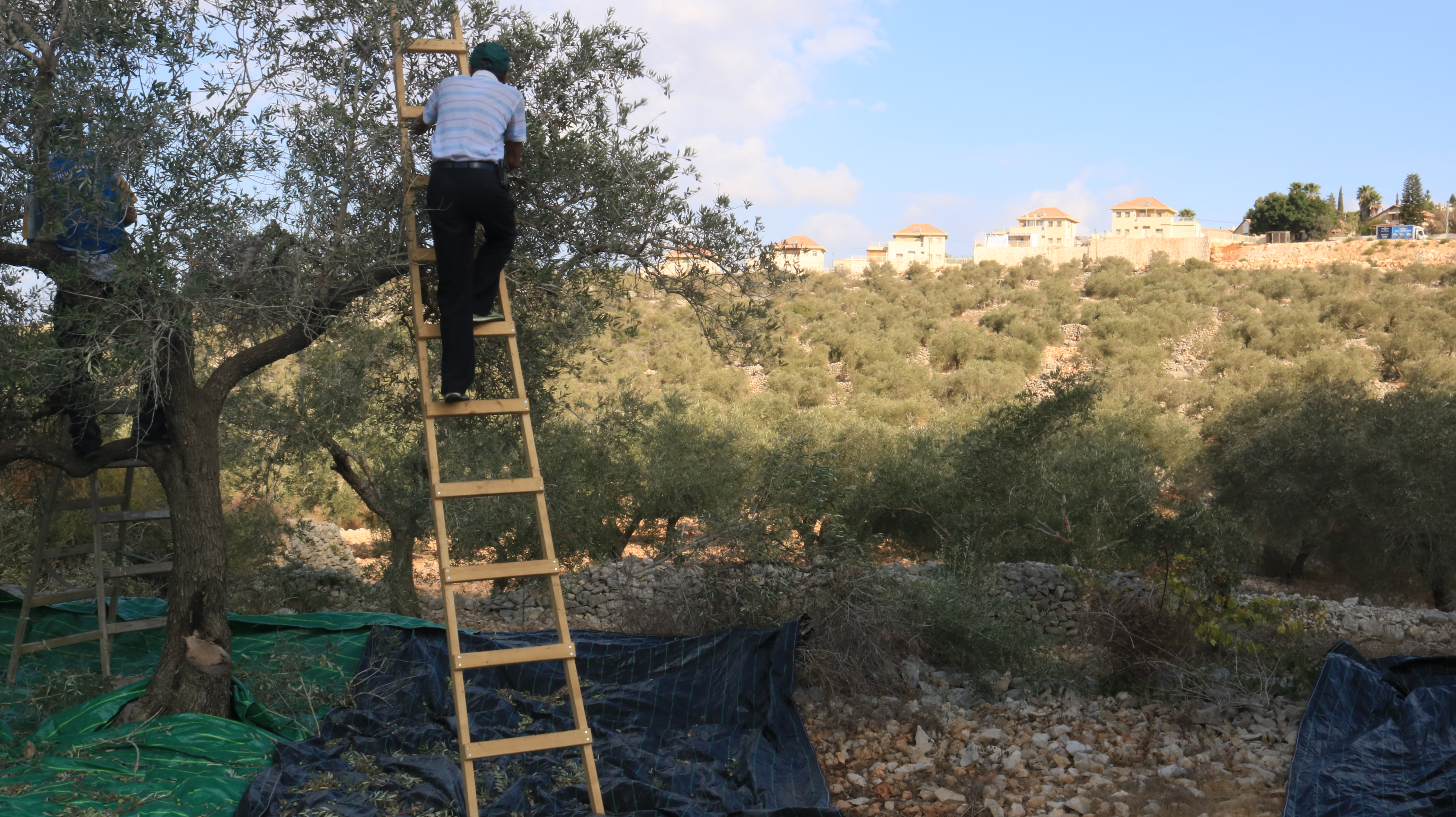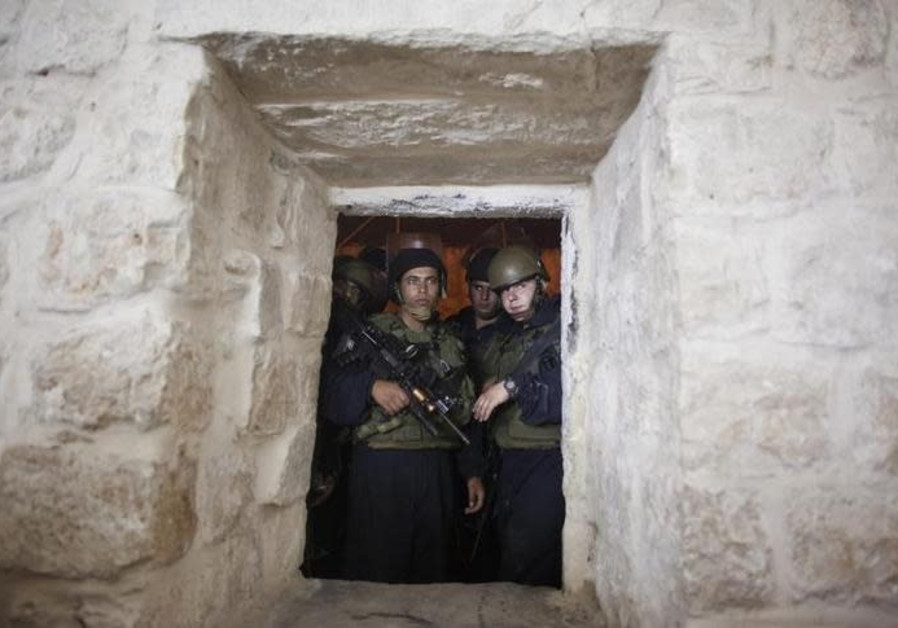Author: ISM Media Group
-
Call to action: Olive Harvest 2018 – Join ISM now!
International Solidarity Movement | Ramallah, occupied Palestine Tthe International Solidarity Movement (ISM) is issuing an urgent call for volunteers to join us for the 2018 Olive Harvest Campaign at the invitation of Palestinian communities. The olive tree is a national symbol for Palestinians. As thousands of olive trees have been bulldozed, uprooted and burned by Israeli settlers…
-
Upcoming Settler Tour in Nablus Set to Spark Tensions
Shavei Shomron, an illegal Israeli settlement located to the west of Nablus in the West Bank has advertised a tour of Nablus old city, Tel Balata and Joseph’s Well on the coming Tuesday evening – the 30th of January. According to the advert, the event will start with a meeting in the illegal settlement, before…
-
“Essence of Discrimination”: Abdelateef wins leeway in military court
By Ben Greene, Ellie Marton, Leila James 24 October 2012 | International Solidarity Movement UPDATE 24th October: Abdelateef Obeid free Abdelateef Obeid was today freed from Salem prison, following a bail payment of 5000 NIS. He was arrested on the 21st of September from his home in Kufr Qaddoum. The military court judge has not…


